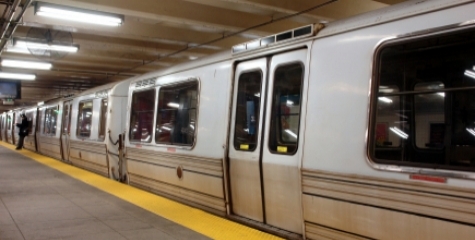WI-WE Progress
| Progress: 91.88% WWI-WE Version: 5 | |
| 0 | mandatory questions pending |
| 19 | questions total |
| 17 | questions answered |
| 17 | questions completed |
| 2 | questions pending |
Mapping Weak Signals
Inspired by: FP7 » Less Bias Against Public Transport in Emerging Countries

Originally submitted by: Cornelia Daheim
List of all contributors by versions (mouse over)
Last changed by: Ines Lietzke
WI-WE status:
.png)
